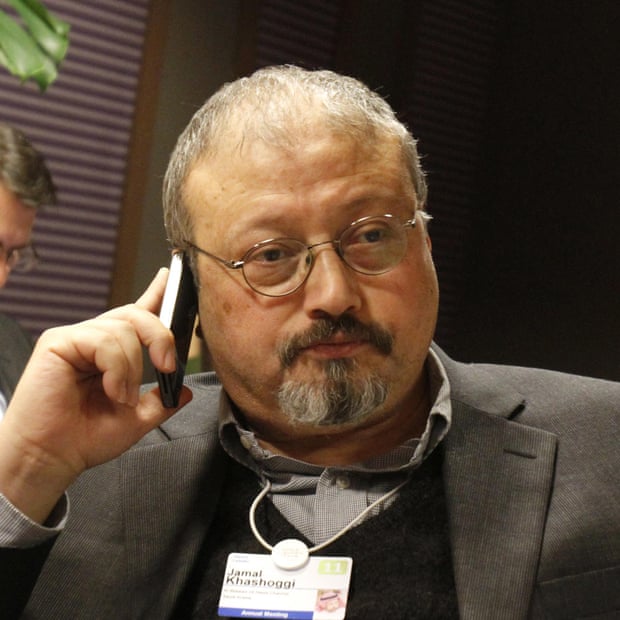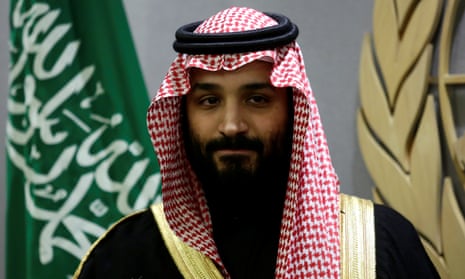The disappearance of the Saudi journalist Jamal Khashoggi has sparked speculation that he has been abducted or killed by Riyadh, as a punishment for criticising government policy in his articles for western newspapers. A week has now passed since he was last seen entering the consulate in Istanbul, and the Saudis continue to deny any knowledge of his whereabouts.
While it is not yet clear exactly what has happened to Khashoggi, this grim case is revealing insofar as it reflects the Saudi government’s attitude to those it regards as dissidents, as well as its handling of international speculation over its internal affairs. Both are in line with a new assertive image designed for international as well as Saudi domestic consumption.
ProfileWho was Jamal Khashoggi?
Show

Jamal Khashoggi was one of the Arab world’s most prominent journalists and commentators. He was an outspoken critic of Saudi Arabia who dared to defy Crown Prince Mohammed bin Salman.
While living in Saudi Arabia, Khashoggi was told to stop writing or posting on Twitter, where he had more than 1.6 million followers. He moved to the US in June 2017, where he continued to comment on his country both in print and on television. He wrote columns for the Washington Post and the Guardian.
His message struck a nuanced tone in the US, where he tried to acknowledge the reforms undertaken by Bin Salman while also highlighting the flaws.
Khashoggi previously had close links with the Saudi royal family, including having served as a media aide to Prince Turki al-Faisal, when the latter was director general of the Saudi intelligence agency.
He was also a former editor of the Saudi newspaper al-Watan and had worked with Prince Alwaleed bin Talal, a grandson of the first Saudi king.
Khashoggi was murdered in the Saudi Arabian consulate in Istanbul in October 2018.
Developments in the kingdom over the past year follow a clear pattern. Since the ascension of Mohammed bin Salman to the position of crown prince and de facto ruler, Saudi Arabia has entered an era in which internal dissent – no matter who is behind it – is met with brutality. Last year, the world was gripped as the authorities took the unprecedented step of detaining several members of the royal family in the Ritz-Carlton hotel in Riyadh on corruption charges. The intended message is that not even blood ties will stand in the way of Bin Salman realising his political and socioeconomic vision. If he can be this tough towards his own relatives, the thinking goes, then no Saudi who puts a foot wrong is safe.
Alongside this, the Saudi state has painted itself as the only legitimate orchestrator of change in the country. Modernisation initiatives, such as allowing women to drive, are said to come from the top rather than being a response to decades of grassroots activism. Some of the female activists involved in that struggle have been arrested and detained in recent months, to signal that the state does not bow to internal pressure.
The same goes for international criticism. When Canada expressed concern about Saudi Arabia’s treatment of those activists, the response from Riyadh was that this represented an attack on the kingdom’s sovereignty.
Last November, when there were rumours that the Lebanese prime minister, Saad Hariri, was being held in Riyadh against his will, Saudi authorities resisted pressure to respond quickly or give reassurances about his wellbeing. Similarly, they won’t rush to respond to the outside world’s demands for information about Khashoggi.
As one of the Saudi government’s more measured critics, Khashoggi doesn’t fit the classic profile of a state enemy. His disappearance has even sparked responses from journalists working for pro-Saudi outlets in the region, who expressed concern about the case and said they hoped he was still alive.
Their alarm shows just how widely the crackdown is being felt. Whatever the ultimate fate of Khashoggi, Saudi Arabia’s new zero-tolerance approach to dissent is being broadcast loud and clear.

